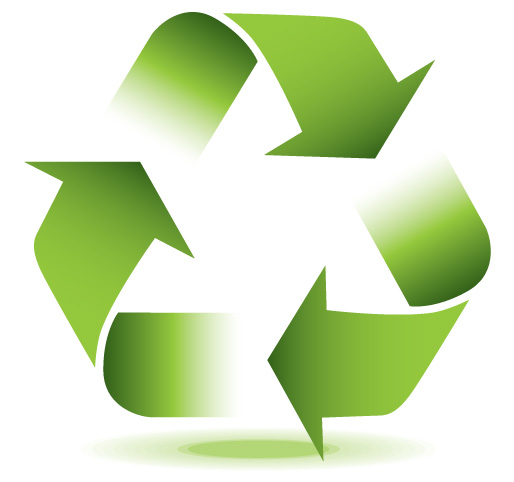VC Star
12/14/24
Two opposing perspectives on the future of plastic clashed at the United Nations summit on plastics, which ended this month in Busan, South Korea.
Over 3,300 participants, representing 170 nations and more than 440 observer organizations, vigorously debated a variety of options to craft an “internationally legally binding instrument on plastic pollution, including in the marine environment,” according to the UN’s’ website.
Arguments tended to fall into either one of two different approaches.
The approach advocated by one side may be summarized by concerns raised by Ecuadorian Ambassador Luis Vayas Valdivieso, the meeting’s chairman, who stated that the amount of plastic ending up in global waterways every day is equivalent to the capacity of 2,000 garbage trucks, and microplastics are found worldwide in food, water, soil, human organs and even the placentas of newborn babies. This side sought international agreement on caps for production of many types of plastic and phaseout of certain products.
The other main group’s approach emphasized the practicality, versatility and value of plastic, including the “sovereign right” of each country to use its own resources for economic development. They cited the vast numbers of workers involved in the collection, sorting and recycling of plastics. They pointed to the potential for increased recycling and better regulation to address many problems.
The debate is complicated, but there are many ways consumers’ purchases can send signals to the international marketplace. At the least, gifts can send statements, intentional or not, to friends and family members who are informed about the topic of whether we should cut or just better manage plastics.
For example, some gift wrap is recyclable. But if it is laminated, the plastic coating makes it unrecyclable. “Save that for reuse, and consider using newspaper or old wallpaper, fabric or baskets instead of traditional wrapping paper for presents,” advises Brent Bell, vice president of recycling at WM, formerly Waste Management.
To avoid plastic consumption, some prefer durable, reusable, reversible textile gift wrap. That might be made from plastic fibers, but Shiki Wrap makes this product from recycled plastic textiles.
Recycled plastic textiles have been marketed for years by companies such as Patagonia, with its recycled-content fleece, but now more companies are making variants. For example, Craghoppers promotes its CO2RENU clothing line, and recycled plastic textiles are even used in fancy products such as luggage lining the Avalon product line offered by Ricardo Beverly Hills.
Post-consumer textile recycling, made from worn-out clothes, is environmentally better than recycling industrial scrap. But in the case of Scrappy Clothing Co., post-industrial textiles are from the company’s affiliated Project Repat, which makes quilts from old T-shirts customers send in for the purpose.
Entirely avoiding the plastic of synthetic fibers is another option with 100% cotton products, for example.
Some plant-based substitutes for plastic advertise degradability. But if the product will end up in a landfill, the degradability just produces more methane gas, not useful compost. Instead, Earth Rated makes dog poop collection bags from 65% certified post-consumer recycled plastic. The company’s website claims reduction of the bag’s carbon footprint by approximately 22% as compared to its previous generation of bags.
Avoiding single-use disposables, Cleancult.com offers cleaning supplies that pair paper refill cartons with aluminum bottles designed to be refilled. This cuts the use of plastic bottles. Personal cleaning can also avoid plastic. Dip shampoo and conditioner bars sold at dipalready.com offer a new way to use hair care products.
Food gifts also avoid waste. Try a subscription to a local Community Supported Agriculture cooperative, or, for an office, a few months of delivery from a company such as The FruitGuys. Unlike their other snacks, the company’s fruit comes packaged only in recyclable and recycled cardboard.
Whether buying a recycled plastic product or avoiding plastic entirely, each purchase consumers make is a vote for the kind of future they want to see.
David Goldstein, an environmental resource analyst with the Ventura County Public Works Agency, can be reached at 805-658-4312 or david.goldstein@ventura.org.







